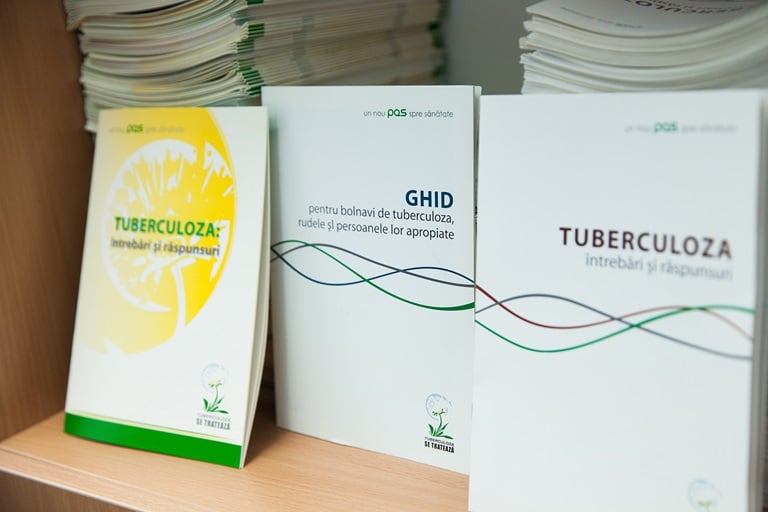Zika virus and emerging mosquito - borne diseases: The European emergency risk communication challenge. A response guide
a3497695-d47f-4788-b709-7618e71489b5.tmb-479v.png?sfvrsn=3a02def4_3)
Overview
This manual and the associated app are designed to assist public health authorities in the World Health Organization (WHO) European Region communicate in response to possible outbreaks of the Zika virus, and other mosquito-borne diseases (MBDs). The main objective of this guide is to enable European countries to learn from the experience of other regions on how to communicate about Zika and apply these lessons to the European context. The guide takes a closer look at recent experience from the Americas and illustrates how this can inform countries in Europe on risk communication preparedness and response to Zika. Much of the preparedness and res-ponse advice on Zika can also be applied to other MBD threats. This guide also aims to support countries in the strengthening of their national risk communication preparedness and response to MBDs in general.
Countries in the Region are diverse and the Zika/MBD outbreaks they may face could vary in size, complexity, cultural context, socioeconomic reality and preparedness and response capacity. As a result, the guide cannot offer a “one-size-fits-all” solution. It can, however, offer practical ideas and options for countries as they reinforce their preparedness.






